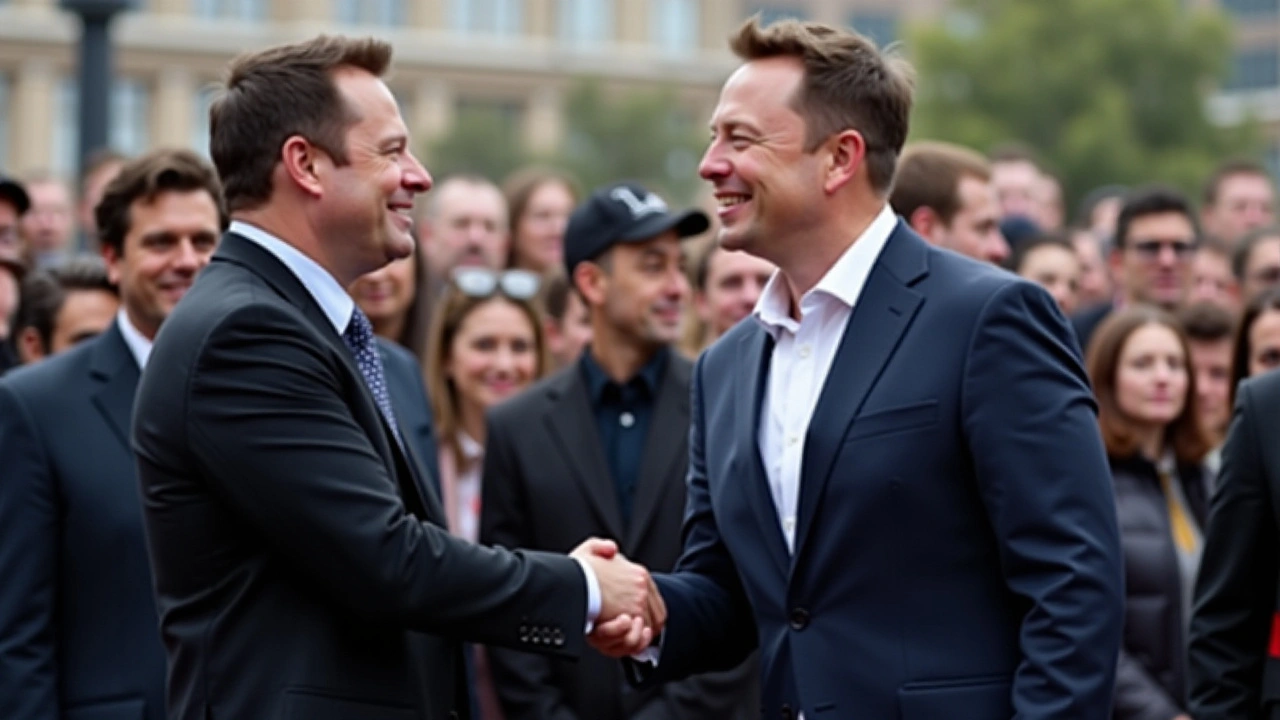Understanding Government Efficiency
Ever wonder why some governments seem to get things done fast while others lag behind? Government efficiency is all about how well public institutions use resources to deliver services and manage the country’s affairs. When a government is efficient, it makes the most out of its budget, time, and manpower to serve its people quickly and effectively.
Think about simple things like getting your ID card, paying taxes, or even how well healthcare is provided. If these take forever or don’t meet expectations, it’s often a sign of low efficiency. On the other hand, when these processes work smoothly, it means the government is running a tight ship, making citizens’ lives easier.
Why Does Government Efficiency Matter?
Efficient governments build trust. When people see their needs met without endless delays, they tend to support leaders and policies more. This trust is a key ingredient for social stability and economic growth. Plus, efficient use of resources means less waste and more funds for important projects like schools, roads, and hospitals.
But improving efficiency is not always straightforward. It requires clear policies, transparency, and sometimes cutting through red tape or outdated systems. Countries struggling with corruption, limited skills among officials, or lack of technology find it much harder to be efficient.
Challenges in Boosting Efficiency
One big obstacle is bureaucracy—the many layers of rules and procedures that slow things down. Imagine having to get approvals from several offices before you can get a simple permit. This not only frustrates citizens but also drains time and money.
Technology can help, but not all governments have the budget or expertise to use it properly. Plus, changes like digital records or online services mean training staff and convincing everyone to adapt, which isn’t easy.
Political factors also play a role. Sometimes leaders focus on short-term gains or personal interests instead of long-term efficiency. Building a culture of accountability and professionalism can be a slow process, but it’s crucial for real progress.
Understanding government efficiency means looking beyond quick fixes. It’s about steady reforms, investing in people and technology, and creating a system that delivers on promises. When that happens, everyone benefits—from the citizen waiting in line to the country aiming for growth and stability.
Elon Musk and Vivek Ramaswamy Join Trump Administration to Lead Government Efficiency Initiative
Elon Musk and Vivek Ramaswamy have been selected for key roles in the Trump administration, heading the newly-formed Department of Government Efficiency. Tasked with streamlining government operations, the department aims to cut costs and improve services. Musk's tech experience and Ramaswamy's biotech innovation are integral to the initiative, marking a shift towards incorporating private sector expertise in federal operations.

